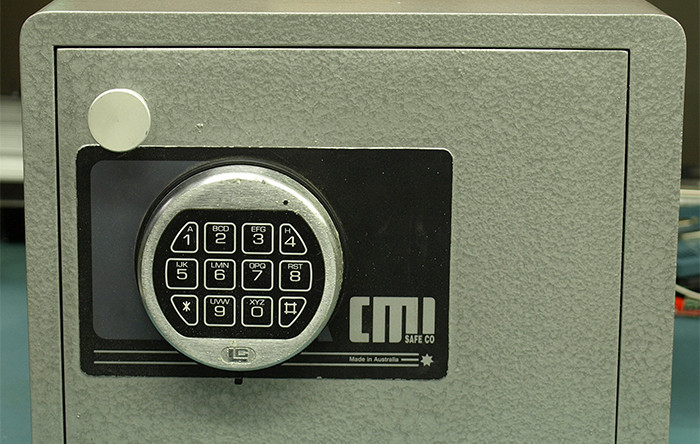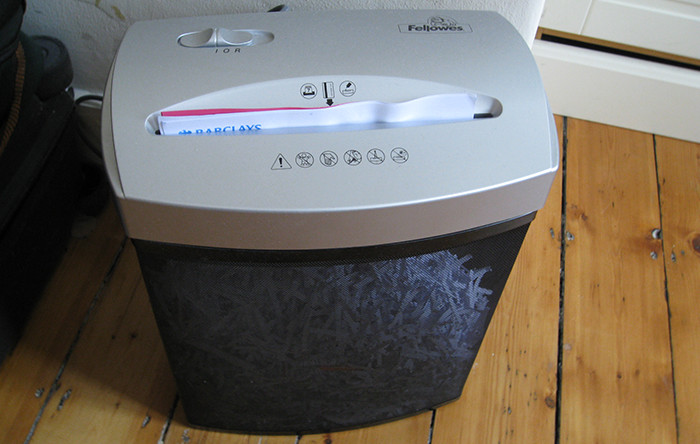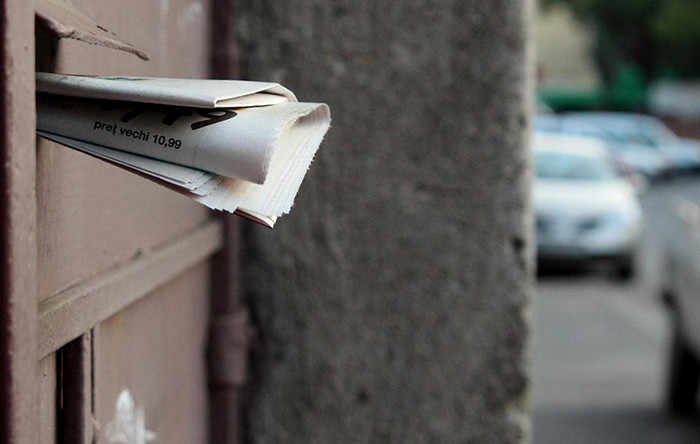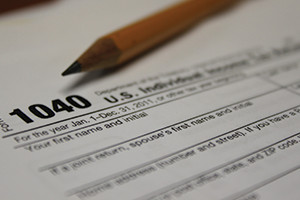What valuables do you keep in your house? You probably think first of money, credit cards, jewelry, and electronics. But what about the important documents you have at home: Birth, death, and marriage certificates; tax returns; and estate-planning paperwork?
These documents are just as—if not more—important than your credit cards and jewelry. What do you do to keep documents safe? If the answer is, “not enough,” read on to learn ways to keep your documents safe at home.
- Use a safe
Not only can safes protect your important documents from being stolen, they can also protect against fire, water, or other devastating damage. Most people looking to buy a safe want one that is fire resistant, but there is a range of options to choose from.
Types of safes:
- Fire-resistant safes: Look for safes that can’t get hotter than 350 degrees inside during a fire, to protect documents. If you’re also storing computer disks or DVDs in the safe, you’ll want one rated not to exceed 125 degrees inside.
- Anti-theft safes: Look for a safe that weighs around 100 pounds empty. Burglars like to grab what they can carry, and a heavy safe isn’t easy to nab. Some safes also come with bolt-down kits, or can be concealed within a wall.
- Water-resistant safes: When buying a fire-resistant or anti-theft safe, water resistance is typically an added feature. Some safes can withstand being submerged in water.

Consider where you place a safe in your house. Burglars often target the master bedroom, so consider other options. The basement is a good place, and offers some fire protection, unless you live in a flood-prone area.
The benefit of having a home safe (instead of renting safe space at a bank or other establishment) is the convenience of having your documents at home, and accessible. You can also store jewelry, mementos, small electronics, or other valuables in the safe.
Which documents should you store in a home safe, and for how long?
- Birth, death, and marriage certificates (forever)
- Life insurance policies (the length of the term)
- Stock certificates and savings bonds (until maturity)
- Estate-planning documents (forever; also give copies to your estate planner and lawyer)
- Tax returns (seven years)
Home fires are a terrible tragedy, and hopefully one you will never experience. If fire does strike, have a good fire escape plan in place that your whole family is taught to follow.
- Shred private documents before disposing
Throwing private documents with personal information on them in the trash is a recipe for getting your identity stolen. If you don’t already have one, it’s time to invest in a paper shredder.
You don’t want a burglar rifling through your trash to be able to find out any personal information about you on documents that they could use to steal your identity. By shredding documents, trash day will be a bust for anyone who sifts through your bins looking for information.

Using a paper shredder is even more important for families with a high level of income. Thieves are more likely to target a family or home they see as getting them a bigger bang for their buck. Don’t fall victim by not shredding your documents.
Want to learn more about protecting your family and home? Read 15 security mistakes that make your home an easy target.
- Avoid mail theft
You likely didn’t expect to see mail theft on this list. But yes, it can be a problem, and you don’t want to be a victim. The safest ways to send mail are to put it in a blue mail collection box, take it directly to the post office, or hand it to your mail carrier. Don’t let mail sit in your mailbox unattended.
More tips to prevent mail theft:
- Don’t leave mail (in-coming, or out-going) in your mailbox over night as thieves like the cover of darkness.
- When going on vacation or out of town for several days, put a hold on mail delivery. Also have a trusted neighbor pick up any packages and keep them until you return.
- Go paperless: choose a paper-free option for bills, bank statements, and other documents you could receive electronically.
- Install a mailbox alarm.
- Make sure your mailbox is visible from your house and isn’t surrounded by shrubs or other vegetation that would provide cover to someone trying to steal your mail.

If you see potential mail theft in progress—at your mailbox or someone else’s—contact the police immediately. If you become a victim of identity theft, and the U.S. mail is involved, you should call the police and the nearest Postal Inspection Service office.
By following these tips, you may be able to keep documents safe, but also protect your home and your loved ones. Stay safe by using a safe, shredding your documents, and practicing smart mail techniques!
Photo Credit to: Philip Taylor, Dave Jones, Kai Hendry, Bogdan Suditu, Dec. 1, 2015 via Flickr, Creative Commons Attribution.


